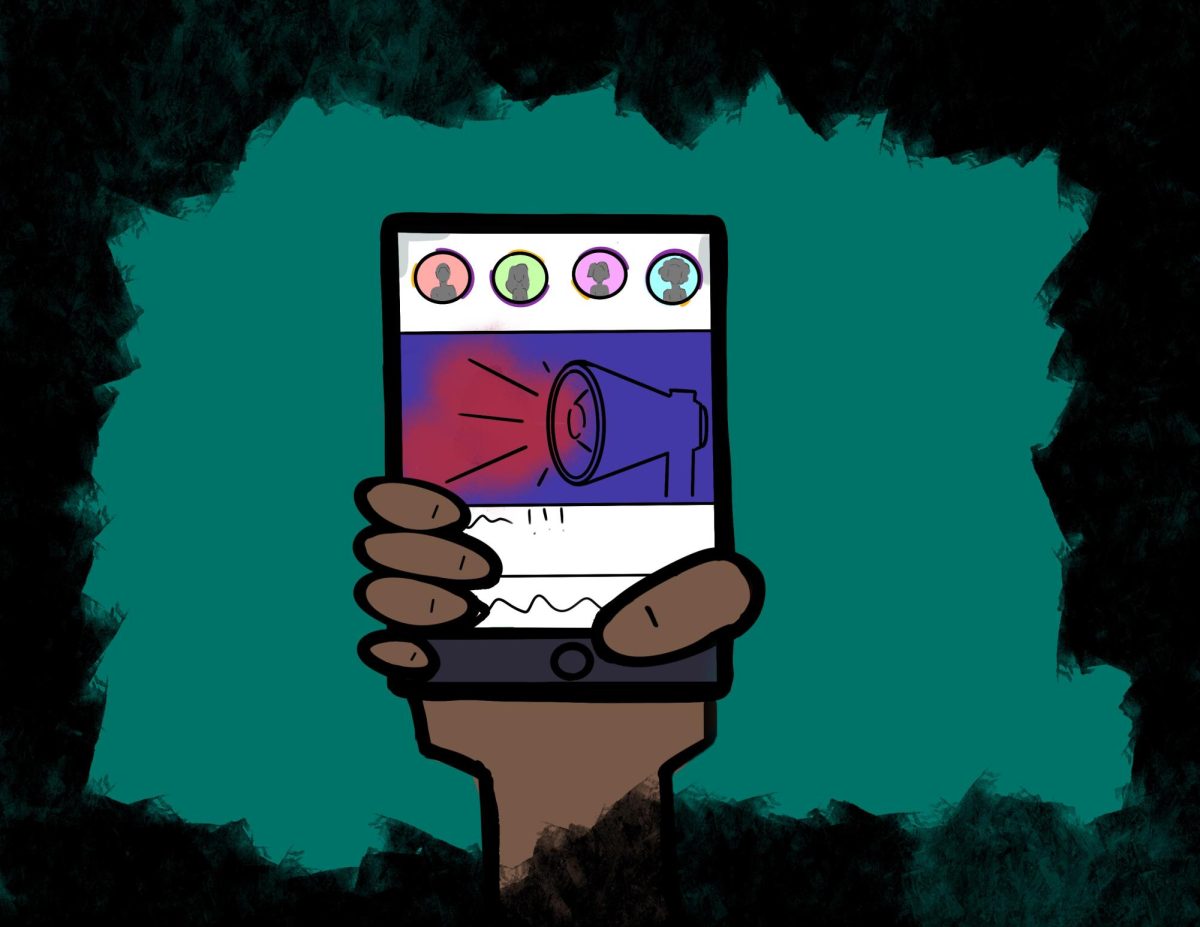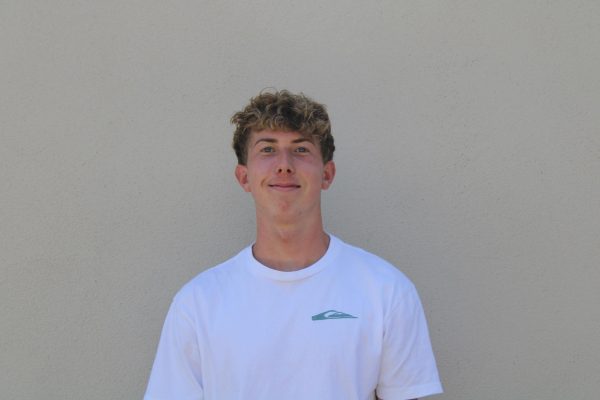In the wake of Charlie Kirk’s assassination, conversations about the rise in political violence made their way to the Campolindo community. In a number of history classes, students were asked to reflect on the moment in which a gunman struck down one of the largest forces in modern conservative politics. Kirk, who had toured college campuses while debating students, is a well-known figure. Famous for his provocative clips that often went viral on Tiktok and Instagram, his death – especially given its graphic nature that was amplified across social media – sparked an uproar in the world of Gen Z.
Senior and Co-President of Campo’s Current Events Club Sean Hu said, “I was really surprised and it was definitely out of the blue. Obviously, it was a tragedy. But I also felt, in a selfish way, kind of scared. It was a moment where you got to see the state of American politics.”
Across social media, Campo students responded by posting messages of support for Kirk. Even those who had never shared political content on their stories weighed in by condemning the act of political violence. But as sophomore Diana Cardenas noted, “There was a lot of sympathy but not a lot of calls to action for gun violence or gun reform.”
The response mirrors a common trope often hurled at Gen Z: that we’re really good at complaining, but not interested in problem-solving. And while voter turnout data may disprove this notion, performative activism remains alive and well. However, this is not the fault of a generation born into the shouting matches of Congress and the mechanism of social media to fuel divide. Gen Z’s apathy towards politics is well-founded, and reflects a growing trend across the country.
As Hu said, “I think one of the larger issues within Gen Z is that a lot of people have a certain sense of political nihilism. For starters, a lot of people can’t vote yet, so they don’t feel like they have much of a say. They also don’t have considerable wealth or influence where they can have an impactful presence in politics.”
Cardenas added, “I feel like we’re more focused on the politics of it all as opposed to actual governance. So it’s more about right versus left, Republican versus Democrat, then like, ‘How do we work together to solve this issue?’ ‘How do we solve homelessness, rather than just attacking our own enemies and then not doing anything afterwards?’”
One of the main contributors to this lack of problem-solving is the method by which teens absorb and produce political opinion: social media. When complex issues get boiled down into 20 second clips of culture wars, it’s hard to find the motivation to seek common-sense solutions.
This doesn’t speak to the larger attitudes of teens when confronted with worldly issues. In-class discussions during history classes often produce a collection of unique ideas in which students from across the political spectrum come together to solve present-day conflicts. Sure the solutions can be too simplistic, but when not confined to the rage-content and comment sections of social media, students employ a genuine pragmatism that’s harder to find in the halls of the U.S. Capitol.
So how can we take this sense of optimism that comes from real-world discussions to implement change? Well, it starts with putting down the phone and engaging with the world face-to-face. Too often, teens remain stuck in a void curated to their likings. As Cardenas explains “I think a lot of people are very much stuck in a bubble of their own opinions. People who are on one side of the political spectrum will only get news from that side, which I think is a general issue.”
In study after study, experts attest that engaging with those of opposing political viewpoints in person has produced greater cooperation and reduced polarization. These discussions can range in anything from simple non-political conversations, to full on policy debate. It’s important though, to always approach debates with a mindset of curiosity as opposed to vitriol.
“Because we’re so polarized, I think we increasingly see our opponents as representations of an argument, rather than people. So I think if we, as individuals, change our mindset where we enter conversations trying to communicate with the other person and see their perspective, I think that is going to be far more productive than if we go into it headstrong, defending a certain position,” said Hu.
To those who may not be news junkies the expectation to suddenly become aware of and involved in politically-charged discussions is nonsensical. Especially given the level of polarization and nonstop slough of controversies in the news, the phrase, “I’m just not into politics” seems to add up.
But it’s in that vein of political nihilism in which students of all backgrounds and interests have the potential to shape the future. When we’re dissatisfied with the way our government works, we have the power to act. In just a few years (or months), students will turn 18 and receive the privilege of voting. But right now, students can get involved locally by volunteering for a campaign, and even educating themselves on issues they care about. For Cardenas, it’s quite literally toppling the two-party system in America in favor of rank-choice voting.
“Let’s bring some third, fourth, fifth parties into the mix because then it would be a little less polarized. People would be able to vote for what they actually want instead of the whole lesser of two evils thing. It’s a long process but I think [rank-choice voting] would be a good first step.”



